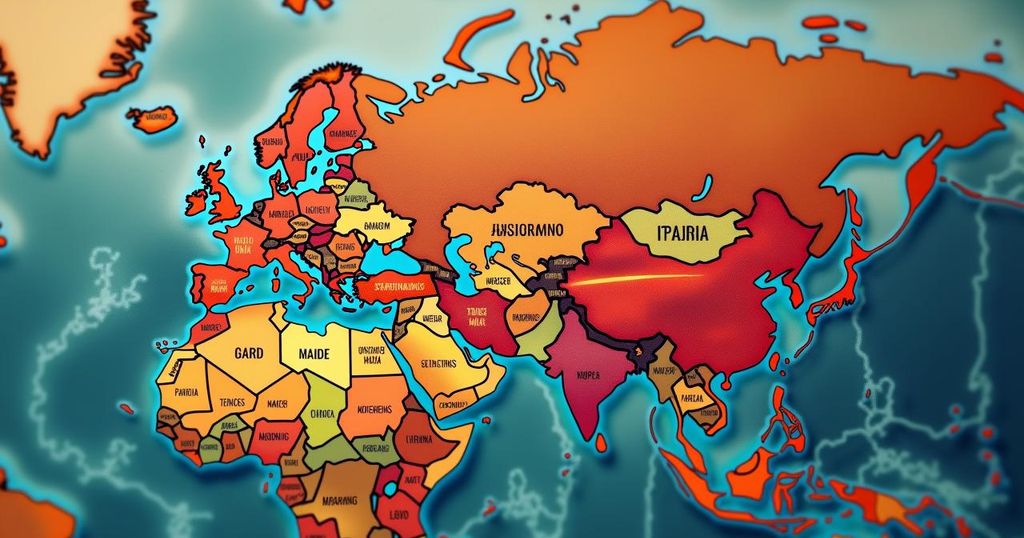The article discusses the growing support among Asian states for the International Law Commission’s Draft Articles on Crimes Against Humanity, highlighting the role of AALCO in shaping these discussions. Various positions from states such as Malaysia, Thailand, and Vietnam are examined, emphasizing a shift towards endorsement of the Draft Articles. The potential for AALCO to facilitate a collective Asian-African stance is also articulated, as the international community approaches a pivotal moment regarding the legal framework for addressing such crimes.
The increasing support for the International Law Commission’s (ILC) Draft Articles on the Prevention and Punishment of Crimes Against Humanity at the United Nations General Assembly’s Sixth Committee reflects a growing recognition of the need for legal frameworks addressing such serious offenses. After being adopted by the ILC in 2019, the Draft Articles faced delays due to lack of consensus. However, Resolution 77/249, passed in 2022, has reignited discussions, allowing for resumed sessions dedicated to the topic in 2023 and 2024, with member states required to submit comments by December 1, 2023. AALCO, established in 1956, serves as a platform to promote the voices of its 47 member states on international legal matters, fostering discussions on shared interests such as the Draft Articles. The organization encourages collaboration among Asian and African states, counterbalancing Western-dominated legal perspectives. Throughout the years, various Asian states’ positions on the Draft Articles have evolved. For instance, while Malaysia initially criticized the ILC’s work as redundant in light of the Rome Statute, it has recently reversed its stance, advocating for the Draft Articles’ development. Additionally, support from Thailand and the Republic of Korea demonstrates a growing acceptance of the Draft Articles, emphasizing the need for coherence in international law and providing mechanisms for mutual legal assistance. Conversely, states such as Vietnam and China have expressed cautious support or skepticism regarding the necessity of a specialized convention, pointing to the complexities of state practice and the relationship with existing laws. As AALCO continues to hold its annual sessions, the opportunity arises for states to refer the topic of crimes against humanity for further deliberation, ultimately contributing to a collective Asian-African position. Such a dialogue is imperative as the Draft Articles approach formal consideration, signifying a pivotal step in addressing crimes against humanity on an international scale.
The Draft Articles on Crimes Against Humanity, adopted by the International Law Commission (ILC) in 2019, aim to establish a cohesive international legal framework for preventing and punishing these serious crimes. Despite initial enthusiasm, progress has stalled at the United Nations General Assembly’s Sixth Committee due to differences among states regarding next steps. Recent developments, including the reaffirmation of the Draft Articles by AALCO member states, highlight an increasing trend towards consensus on this critical issue relative to the existing Rome Statute. Since AALCO’s establishment in 1956, it has served as a vital forum for Asian and African states to collaboratively shape international law, making its stance on the Draft Articles particularly significant in the context of contemporary international legal discourse.
In conclusion, the evolving positions of Asian states regarding the ILC’s Draft Articles on Crimes Against Humanity reflect a complex interplay of legal and political considerations within the framework of international law. As discussions resume in the coming years, it is crucial for AALCO and its members to actively engage in these dialogues to foster a collective and coherent approach to addressing crimes against humanity, ultimately promoting accountability and justice on a global scale.
Original Source: opiniojuris.org






